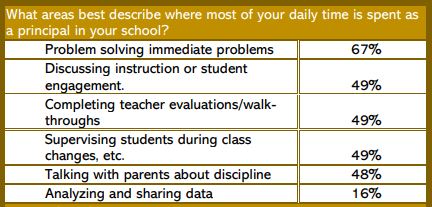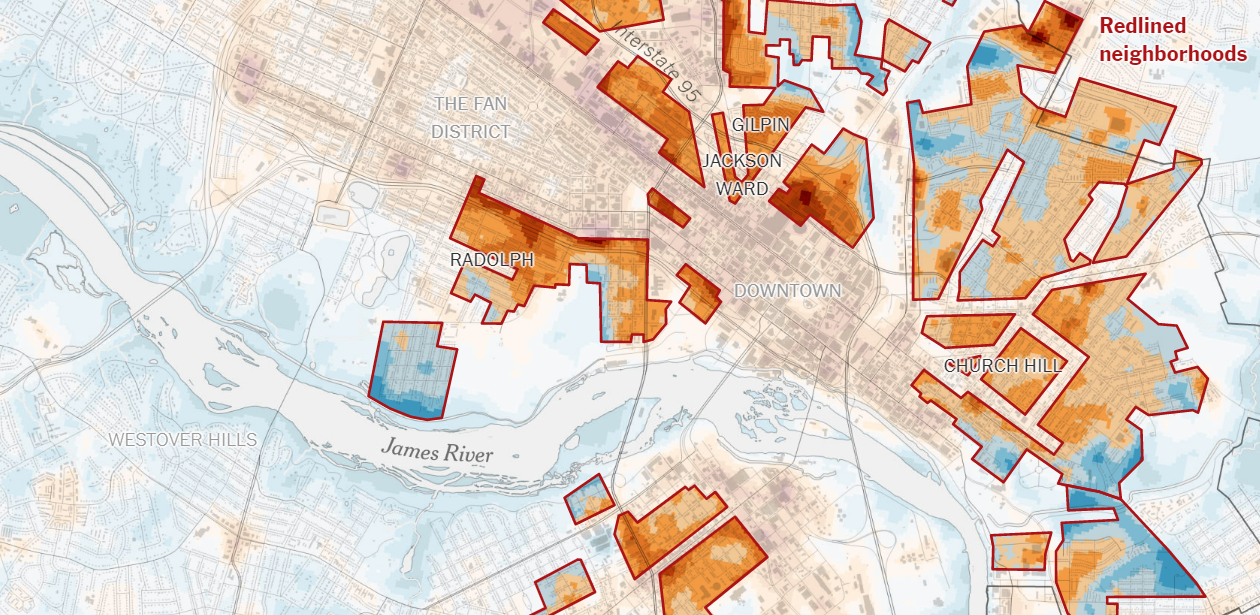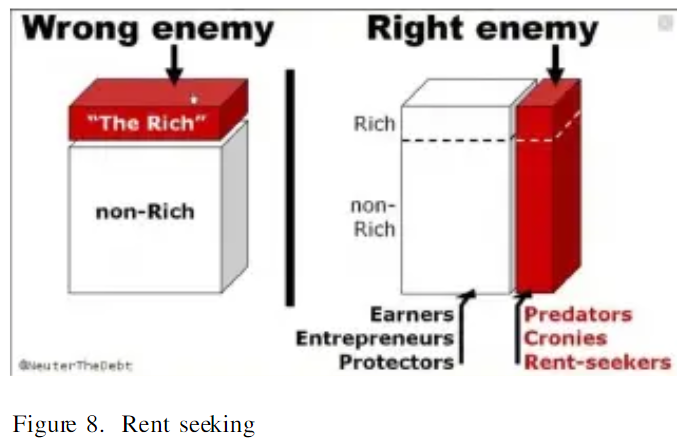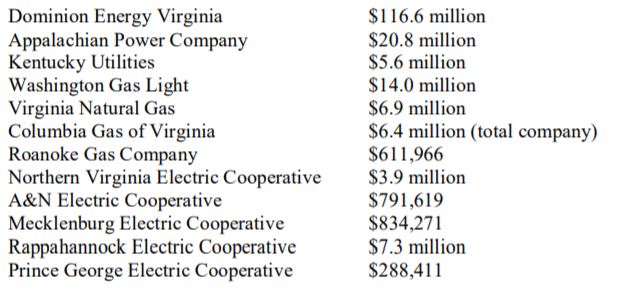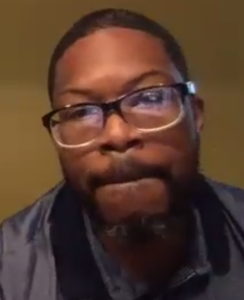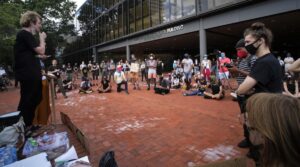
Militant agriculture
by James A. Bacon
Yesterday, channeling the spirit of Nassim Nicholas Taleb, I asked what a young person should do if he or she wanted to make the world a better place. Broadly speaking, there are three approaches. One is activism in which people who, informed by a desire to improve the lives of those less fortunate than themselves, lobby for reformist government policies and create philanthropic programs to address perceived needs. Another is militancy. Convinced that the entire system is corrupt, militants waste little time ameliorating the condition of individuals but seek to overthrow the established order. A third approach is capitalism, in which entrepreneurs find creative ways to meet previously unmet needs.
We need more entrepreneurs.
If Virginia has an affordable housing crisis, we can’t solve the problem in the long run by passing eviction laws or enacting more government-subsidized housing programs. We need entrepreneurs who can find innovative ways to create lower-cost housing. If lower-income Virginians are afflicted by payday lenders charging high fees and interest rates, we can’t address the credit needs of the poor by legislating payday lenders out of existence. We need entrepreneurs who find innovative, low-cost ways to extend small amounts of credit. Continue reading


